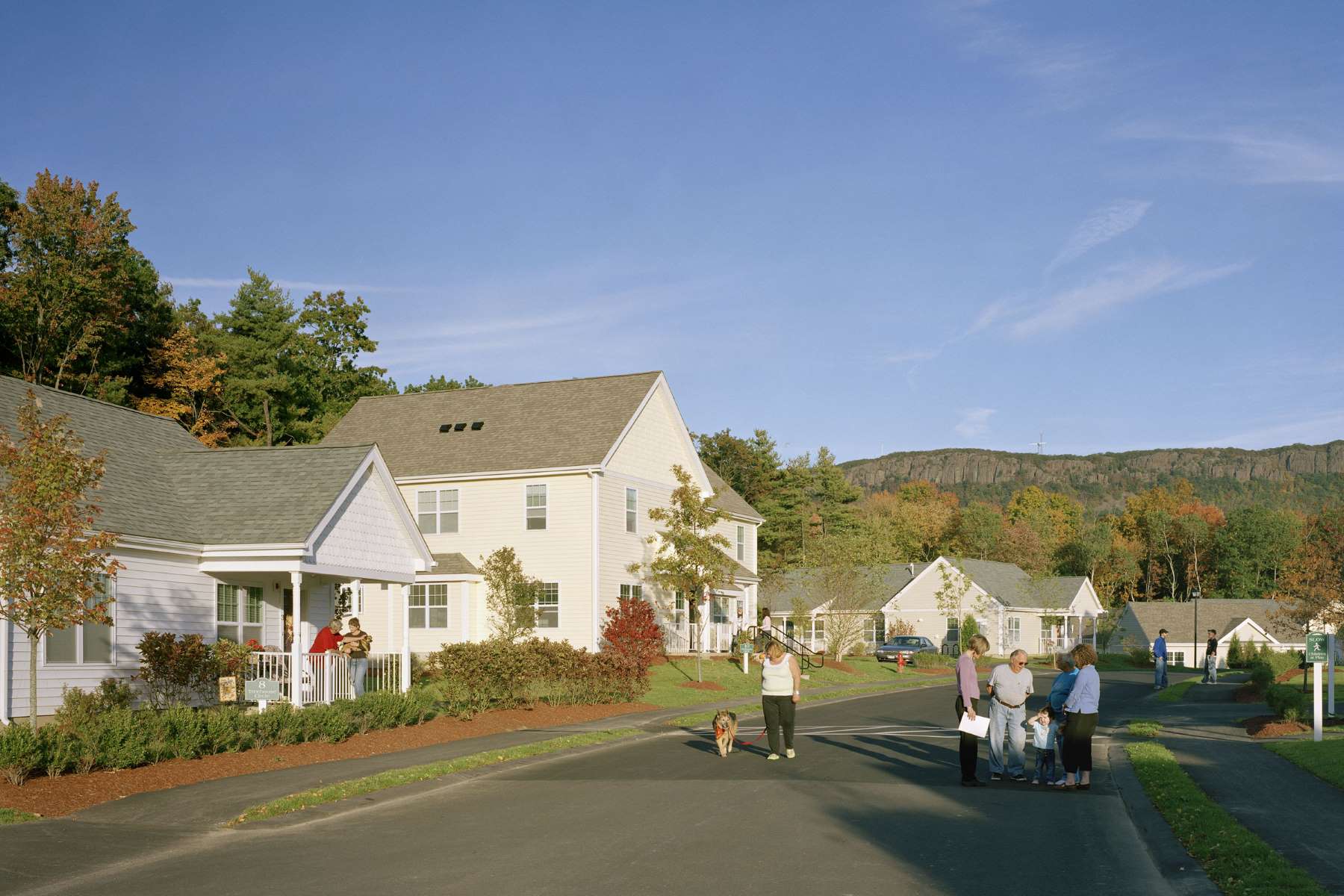Chapter 40B, also known as the “Comprehensive Permit Law,” is a Massachusetts statute that aims to increase the supply of affordable housing in the state. Municipalities can claim “Safe Harbor” from 40B developments under certain conditions. Let’s explore the statutory requirements for Safe Harbor as outlined by the Executive Office of Housing and Livable Communities (EOHLC), formerly known as the Department of Housing and Community Development (DHCD).
There are three main statutory minima that can provide Safe Harbor:
- Housing Unit Minimum (10% Rule): If at least 10% of a municipality’s total housing units are classified as affordable, the town can claim Safe Harbor. This is often considered the most straightforward path to Safe Harbor. Notably, rental developments where at least 25% of units are affordable for households earning 80% or less of the Area Median Income (AMI) allow all units to count towards this threshold.
- General Land Area Minimum (1.5% Rule): A municipality can claim Safe Harbor if the land area occupied by affordable housing units comprises more than 1.5% of the total land area zoned for residential, commercial, or industrial use. This calculation is complex and requires careful analysis using GIS technology, which CommunityScale has conducted for several clients.
- Annual Land Area Minimum (0.3% Rule): Safe Harbor can be claimed if construction of low/moderate income housing begins in any calendar year on sites comprising more than 0.3% of the municipality’s land area or 10 acres, whichever is larger.
In addition to these statutory requirements, the EOHLC has introduced other Safe Harbor provisions through regulations:
- Housing Production Plan (HPP) and Recent Progress: Municipalities with an approved HPP can gain temporary Safe Harbor by meeting annual affordable housing production goals. HPP is a community’s proactive strategy for planning and developing affordable housing by creating a strategy to enable it to meet its affordable housing needs in a manner consistent with the Chapter 40B statute and regulation.
To invoke Safe Harbor, a Zoning Board of Appeals must notify the 40B applicant within 15 days of opening the Comprehensive Permit hearing, providing documentation to support their claim. The EOHLC then reviews these claims and makes a determination.
Understanding Safe Harbor provisions is crucial for both municipalities and developers navigating the 40B landscape in Massachusetts. While these rules aim to balance affordable housing needs with local control, they require careful interpretation and application.
